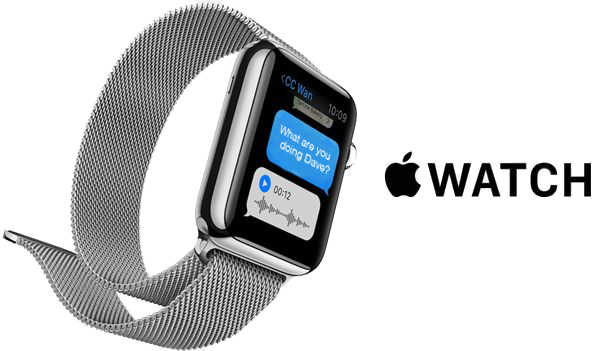[responsive] [/responsive]It’s been called everything from a nightmare to a threat the luxury watch industry. The Apple Watch debuted in San Francisco this week and many tech industry observers are giving it a chilly reception from a technical POV.
[/responsive]It’s been called everything from a nightmare to a threat the luxury watch industry. The Apple Watch debuted in San Francisco this week and many tech industry observers are giving it a chilly reception from a technical POV.
“It doesn’t have a standout application to be fully differentiated from the iPhone. The watch is surprisingly confusing to set up and use. The battery life and pricetags are lol-worthy,” writes Seth Fiegerman in Mashable.
Yet there’s something deeper here than just a gadget that hasn’t quite grown up. It’s not the watch itself that has people like Fiegerman, and us, cringing. Rather it’s the claim to help people “lead healthier and more productive lives” that turns the thing into a digital tyrant.
“Being able to regulate your calorie consumption and your movement and always be available for friends and your job may sound good to some, but it seems like a recipe for stress,” wrote Todd Wasserman last fall.
And he expects his concentration to take a major hit, too.
“Personally, I find it hard to carry on a sustained conversation before I get the urge to look at my phone. But that requires me to dig into my pocket. I can only imagine what a temptation a smart wristwatch would be in comparison,” Wasserman noted.
Apple itself says of the watch’s fitness features, “The three rings of the Activity app show your daily progress and help motivate you to sit less, move more, and get some exercise.”
Am I the only one who sees eerie similarities to The Circle here?
“Productivity and convenience come with tradeoffs, like anything else,” writes Fiegerman. “More small tasks. Less ‘unplugged’ time. An erosion of the boundaries between us and our peers. Many may conclude these are tradeoffs worth making, but everyone should at least take a moment to consider the tradeoffs before rushing headlong for the next shiny new Apple product.”
Good advice. The status seekers and gadget geeks are understandably jazzed. Me, I’ll skip this one, thanks, and keep that boundary intact.
